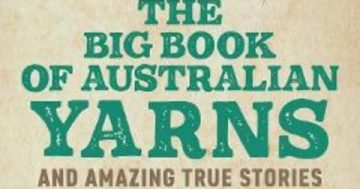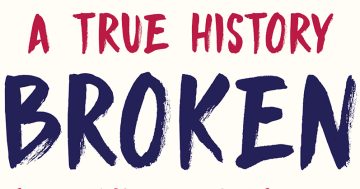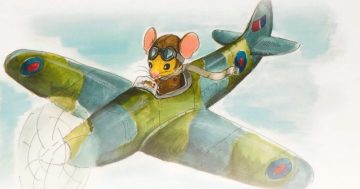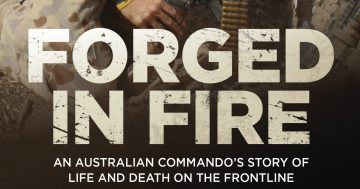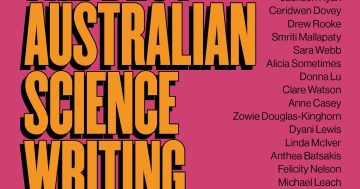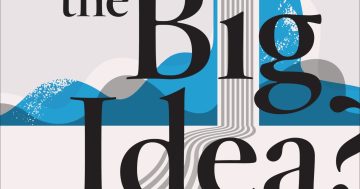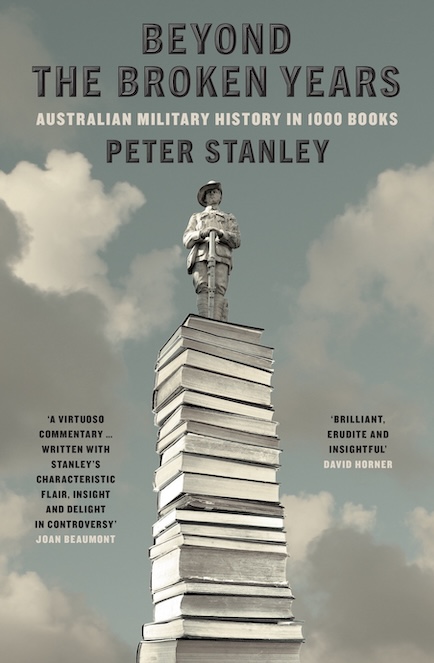
Recognition: In Beyond The Broken Years: Australian military history in 1000 books, historian Peter Stanley argues why it’s vital for Australians to understand how our military past has been created. Photo: Supplied.
At the outset, we know Beyond The Broken Years: Australian military history in 1000 books is in recognition of Australian academic historian, adjunct professor and senior research fellow at the Humanities Research Centre of the Australian National University, Bill Gammage.
Formerly the principal historian at the Australian War Memorial, Peter Stanley notes the dedication is in “recognition of all he has done for our understanding of Australia’s history, and to the next generation of historians of our sadly seemingly unending involvement in war.” He cites several reasons why this has had an impact on him.
Stanley’s elicitation of Australia’s military history is an essential read. It’s considerate, motivating, individual and provoking. Don’t overlook the historical facts that are a vital part of the story.
Half a century after Gammage’s The Broken Years was published, Stanley has skilfully emphasised Australia’s key military achievements by drawing on distinguished experts of Australian military history.
How has military service shaped Australian society and culture? Stanley argues why it’s vital for Australians to understand how our military past has been created. By whom, how and with what consequences. What lessons does it offer about our character? Stanley studies military history and the chroniclers, and wrestles with the history of wars and of armed forces, with what it means to write military history, its dissimilar strategies, its diverse approaches, the upsurge of popular writers and much more.
Stanley explores military history and the narrators – from historians Charles Bean, Henry Reynolds, Joan Beaumont and David Horner to ‘’storians’’ Peter FitzSimons and Les Carlyon. Simultaneously, Stanley is a percipient observer and detractor.
Among other things, he addresses what it means to write military history, adopting dissimilar methodologies and the popularisation of prominent writers. He asks readers to consider a genre that plays a central role in the Australian identity but many take for granted.
Even the cover is illuminating, if simplistic: a visual metaphor, proposing contributory functions chronicled by historians in glorifying soldiers by placing them on a pedestal.
Recently retired as research professor at UNSW Canberra, Stanley has published more than 40 books, many on Australian military history, among which Bad Characters jointly won the Prime Minister’s Prize for Australian History in 2022.
There is a surplus of conflicts so Australians can write about them. Stanley notes that Australia is a “notably bellicose” nation, with “a third of its first century and virtually all of its second spent at war”. When Stanley conceived this book, he estimated that about 1000 books had appeared on Australian military history since 1974, but found the figure was more than 1300.
“Its brevity precludes any deep or sustained analysis: it’s very much both a personal view and one to stimulate reading and further research and writing,” Stanley writes.
“I should explain that this book is structured partly more-or-less chronologically but also deals with important themes in the field. It’s based on a bibliography of over a thousand titles published since 1974 which I compiled while thinking about its theme and arguments and mentions almost exactly a thousand books and films. It’s not intended to be anything like an annotated reading list, and it can’t hope to even notice everything in what’s been a torrent of writing in the field …
“This is intended to also be ‘a short pungent book for the educated layman’ – obviously a time-bound bit of unthinking misogyny. It’s based on decades of reading research, writing and, often, contact with authors or their sources but it’s not a scholarly book … Above all, this is a personal history … it’s based on almost 50 years of familiarity with the field to which I’ve devoted my career.”
How does Beyond The Broken Years inform us? Emphasis is placed on the wider divide between casual accounts and genuine scholarly work, relying on irresponsible and unconfirmed records and biased accounts, attracting a naive audience that considers them to be truthful.
It also highlights a gap in historical research through an overview of hundreds of publications. It prompts a re-evaluation of previous findings.
This extraordinary book demands intense focus, even though unsettled questions about accepted historical accounts of Australia’s war involvement could well emerge.
Beyond The Broken Years: Australian Military History in 1000 books, by Peter Stanley, UNSW Press, $39.99


